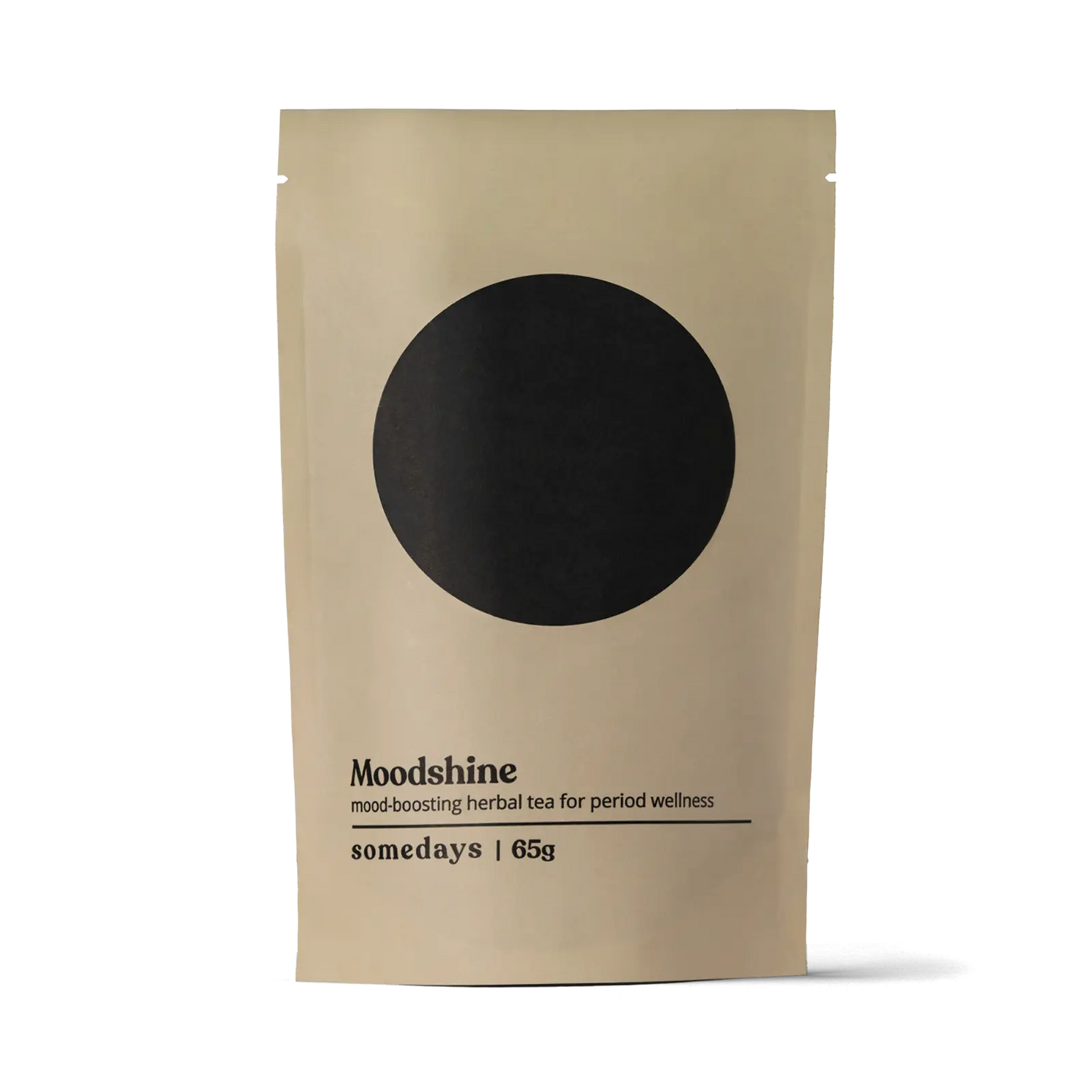Can GLP1s Manage PCOS Symptoms? Exploring the Connection

Insulin resistance is a common symptom for those with polycystic ovarian syndrome (PCOS) and can manifest in the body in a variety of ways. The most common association with insulin resistance is weight gain, which can be a loaded and triggering reality for many. A body with insulin resistance is unable to properly process and use glucose; therefore the excess glucose can end up being stored as fat. Additional symptoms of insulin resistance that impact individuals with PCOS are overall inflammation and discomfort, intense fatigue, intense cravings for sugary and salty foods, frequent urination and tingling in the hands and feet.
In the last few years, there has been some interesting research into the effects that glucagon-like peptide ones (GLP1s), such as Ozempic, could have on insulin resistance in individuals with PCOS. We have provided a comprehensive breakdown of how these drugs work in terms of controlling blood sugar levels and insulin production, which can support those with PCOS to feel more in control of their own bodies when facing challenging symptoms such as weight gain and the myriad of other symptoms that accompany insulin resistance.
Before you dive in, we want to acknowledge that PCOS is a diverse and complex condition that manifests differently in everyone. How you choose to manage your PCOS is up to you, and your own goals for your own health. Whilst managing weight can be a part of that journey, an individual's weight and image are not something that defines their intrinsic value. Weight loss and adhering to a certain weight standard do not necessarily translate to optimal health and wellness. Managing PCOS is a physical and emotional process that considers and balances one's unique standards for health and wellness that expand just outside of physical appearance and aesthetics.
What is insulin resistance?
As mentioned above, insulin resistance is the body's inability to process and use glucose. Normally, when an individual has eaten, the hormone insulin, produced in the pancreas, rises briefly. This is a message to the cells in the liver, fat and muscles to take up sugar from the blood and convert it into energy. When the liver, fat and muscles take up the sugar, the insulin in the blood begins to fall. When someone is insulin resistant, the cells in the fat, liver and muscles don’t store the glucose properly and so the pancreas keeps producing insulin to try and get the message across.
How does insulin resistance lead to weight gain in people with PCOS?
Because insulin-resistant individuals cannot process and respond to sugar in the blood, sugar builds up in the blood, which perpetuates the vicious cycle of excess insulin in the system. For many individuals, the body reaches a threshold and it can’t produce enough insulin to cope with the amount of blood sugar. So the excess sugar in the blood is stored as fat.
What are GLP-1s?
Also known as glucagon-like peptide 1’s, GLP-1 is a hormone that is naturally released in the gastrointestinal tract in response to eating. GLP-1 triggers the release of insulin from your pancreas. For individuals who are resistant to insulin or do not produce enough insulin, GLP-1 drugs are prescribed to mimic the action of the glucagon-like peptide 1 and stimulate the body to produce extra insulin to lower blood sugar levels. In addition to improving insulin secretion, GLP-1s have been proven to slow gastric emptying, lower glucagon secretion which helps blood glucose stay stable between meals, and promote a feeling of fullness since the incretin receptors in the brain are getting a signal that the body has reached a state of fullness, which leads to the person to stop eating.
Most GLP-1s are taken through injection or orally. Some common GLP-1s are:
- Semaglutide (Ozempic, Rybelsus)
- Dulaglutide (Trulicity)
- Exenatide (Byetta)
- Liraglutide (Victoza, Saxenda)
- Lixisenatide (Adlyxin)
How can GLP-1s support people with PCOS?
In addition to insulin resistance and weight gain, individuals with PCOS often present comorbidities such as impaired glucose metabolism, dyslipidemia (abnormal levels of fatty compounds in the bloodstream), hypertension (high blood pressure), metabolic syndrome and an increased risk of diabetes.
After some exciting new research articulated in this 2023 study, it has been shown that GLP-1 and GLP-1RAs (glucagon-like peptide 1 receptor agonists, that mimic the action of GLP-1) have been shown to cause insulin release in a glucose-dependent manner, resulting in benefits such as heightened satiety, reduced appetite and appetite regulation. These drugs have also demonstrated efficacy in reducing glycated hemoglobin levels (blood sugar levels) and promoting weight loss.
Weight reduction in individuals with PCOS is directly correlated with improvements in the condition's many symptoms such as hyperandrogenism (excess androgens), reproductive function, hyperlipidemia (excess of fatty compounds), glycemic control and hypertension. Since the weight gain associated with PCOS is related to or worsened by insulin resistance, losing that weight in order to improve one's symptoms can be very difficult and not always easily fixed by exercise and dietary changes. Adding GLP-1’s to your therapeutic arsenal for managing PCOS may provide improvement in one's weight, cravings and appetite, which can in turn provide relief from other PCOS aggravations.
What are the side effects of GLP-1s?
It is important to note that the effects of GLP-1s are only seen when you continue to take the medication. In a 2022 study, participants regained ⅔ of their prior weight back, experienced an increase in blood pressure back to baseline and the lipid levels in their bloodstream increased after they stopped taking the medication. GLP-1s can be costly and can have side effects such as vomiting, diarrhea, bloating and belching.
It is recommended that in addition to taking these drugs, individuals prioritize lifestyle changes such as regular exercise, balanced lifestyles and diets, which include adequate amounts of fiber and protein, limiting excess sugars and processed foods.
Prior to beginning GLP-1RA therapy, individuals should undergo screening for contraindications, such as medical history of pancreatitis, diabetic retinopathy or thyroid cancer. Regular and effective communication between you and your clinician should be maintained throughout using these drugs so that any serious side effects can be discussed and managed appropriately.
There are many pathways and options for managing PCOS, all of which depend on the individual, their preferences and the severity of their condition. Regardless of whether or not you feel that GLP-1s could be a part of your treatment arsenal, it is important that you do adequate research and take the necessary precautions before enacting anything different onto your body, whether it is a prescribed drug, supplement, exercise program, or diet. You are your own best ally in your journey of pain management and so it is important that you are centering your long-term health and happiness at the core of it all.
Much love.
Previous Article All Articles Next Article
All Articles


